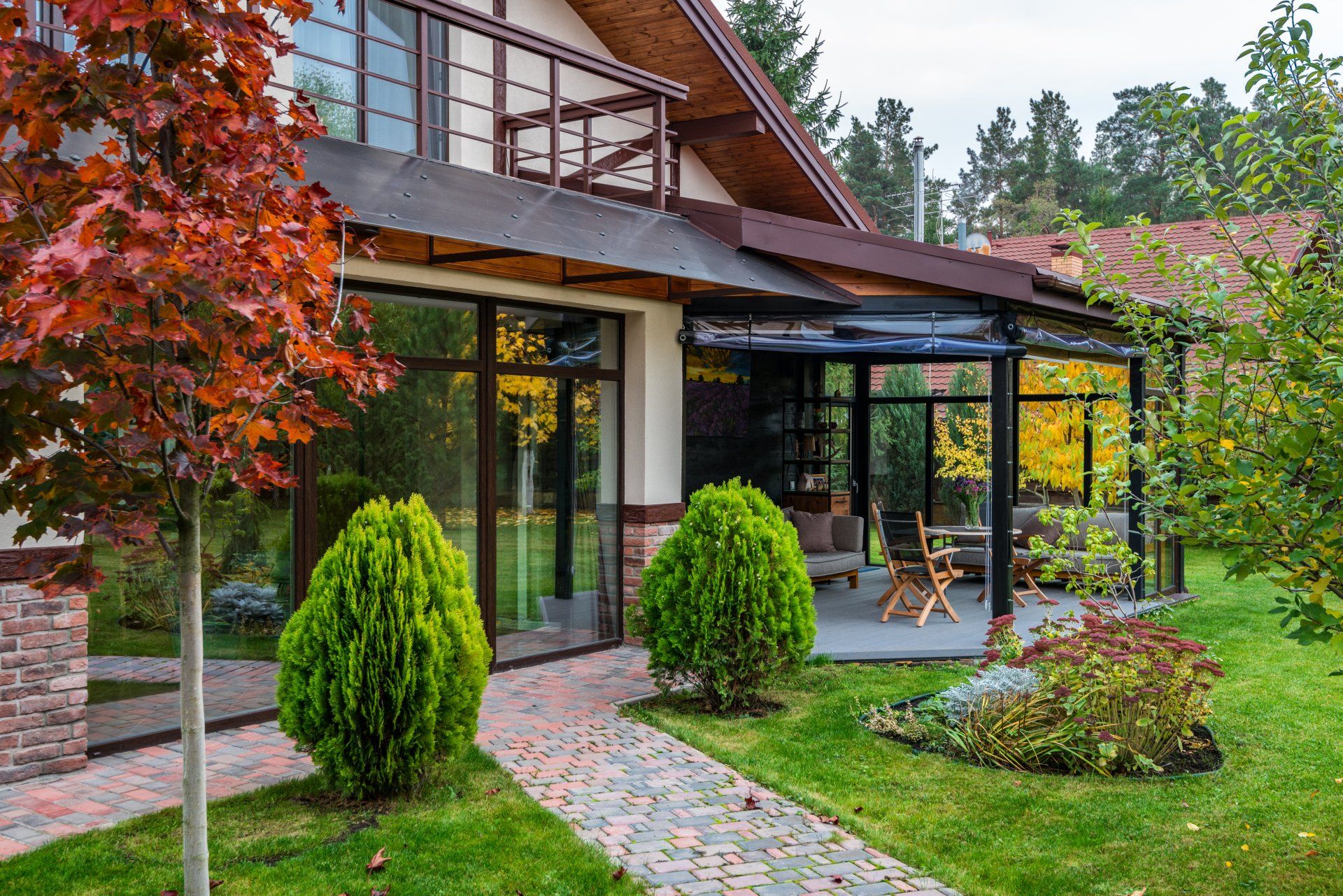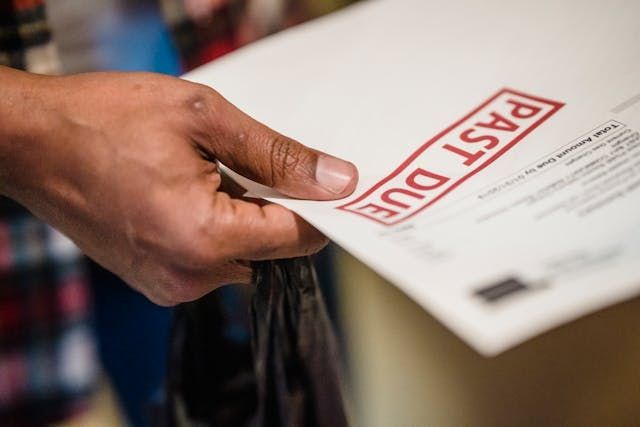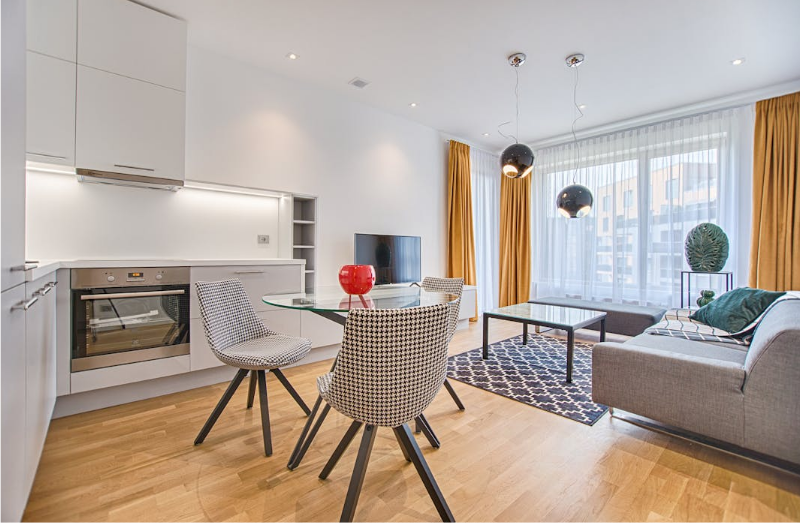Do I Really Need a Rental Property Manager?
August 31, 2021
Signs That you Might Need a Property Manager

When Should I use Rental Property Management?
If you have any rental properties, you’ve probably either read or been told by others that you need to look into a property management company. If you’re at all new to renting, that might seem intimidating. You might wonder– is a property manager necessary? Do you really need one? Or can you just do it yourself? The answers depend on a few things. When setting up your rental properties, you should ask yourself several questions about how ready you are to be your own property manager.
One, how many properties do you have?
If you only have one small vacation or short-term rental that you list on Airbnb, then no, you probably don’t need a property manager. However, if you have multiple rental properties in the Central Texas area (multiple houses, apartments, condos, or etc.) then a Killeen property management company
is definitely worth looking into. As you gain more tenants, you also gain more potential issues to deal with on your own. A property manager can help field complaints, address maintenance requests, and vet potential new renters to find your ideal tenants. If you have to do all of that yourself, odds are you’ll become overwhelmed by the sheer number of tasks.
Another question to ask yourself is: How much experience do you have in renting property, and how much knowledge do you have of local housing laws?
If the answer is very little or none, a property manager is key. Getting an expert’s advice is crucial in making sure you do not risk losing your investment because you accidentally broke Fair Housing laws, or because you weren’t sure how to advertise and fill your vacancies. It’s also important to do plenty of research before choosing a property management company. A bad manager can do far more harm than good. Find a reputable, experienced company that will likely provide your tenants with their own safe online portal for rent, maintenance, and other communication.
Finally, it’s important to consider: Can you afford a property management company? And will it be worth the price?
You may be wary of how expensive it can be to turn over so many responsibilities to a third party. If you’re brand new to renting and don’t have the budget for a property manager, you may need to wait to hire one. However, a good property manager will end up increasing your profit and cash flow over time. They will screen and find new tenants so that your building is never too vacant, they’ll increase efficiency when it comes to maintenance and tenants’ issues, and they’ll likely help you advertise. If you’re not able to do all of those things yourself, a property management company is absolutely worth the price so you can keep your investment.
If you were considering being your own property manager, but don’t have the time or knowledge to ensure everything is taken care of, it may be time to look into outside help. Don’t let your rental properties fail and allow an expert to establish a good relationship between you, your tenants, and your bank account.
Hunter Rentals is Here to help we service the Central Texas area for years offering property owners like you a leg up on Rental Property Management.







